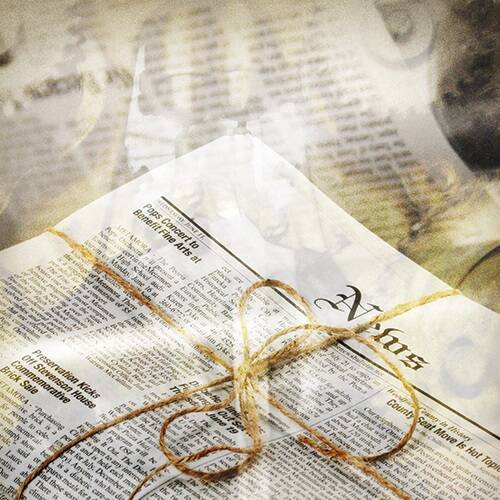Last month my candidate lost the election free and clear, at least in the Electoral College. (That’s a topic for another day.) My concern here isn’t why the election shook out the way it did. Many commentators far smarter than I have exhausted that subject (and some of us) without asking for my help.
What’s foremost on my mind right now is how we learn to live together despite our political differences. One dictionary defines politics as the art or science of guiding or influencing government policy. I think most of us can agree that the government—federal, state, and local—needs all the help it can get to guide its policies. Otherwise, it becomes a runaway train threatening to mow us all down.
I am suggesting that regardless of our political affiliation we reject the increasingly toxic, divisive nature of our politics. The New York Times reported a week before the election that Americans are moving house—yes, you read that right, with trucks and dollies, boxes and packing tape—into neighborhoods where people vote as they do. If you’ve ever moved, you know how high moving ranks on the Stressful Life Events list, close behind divorce, your child’s illness, and loss of a job. Imagine it. Not the kind of house or its distance from our work or school, but political party determining what street we choose to live on.
Not all Republicans, even all Trump supporters, are alike. The same goes for Democrats, even Harris voters. We have major policy agendas that differ, sometimes radically, and in crucial ways. But underneath politics we share the same needs, for safety, connection, and well-being, economic and otherwise, for ourselves and our families.
I am not a Buddhist, but I am Buddh-ish, and Buddhism has taught me that “not knowing” or beginner’s mind is a virtue. That means starting over each day with a mind filled with curiosity. It means holding our opinions lightly, not grasping them with an iron-death grip.
In fact, Philip Therlock, in “Superforecasting: The Art and Science of Prediction,” found that the average “expert” and sheer chance came out about even when it came to predicting political and economic outcomes. As psychologist Adam Grant wrote recently, “If you think you know how the next four years are going to play out, you’re wrong.” That’s true for both “sides,” as many of us now think of ourselves.
People in my blue bubble sometimes blame political toxicity entirely on the Red Sea surrounding them. Republicans tend to see it the other way around. The old adage says that we can only see what we can see. That’s true, at least until we use a bit of Windex to sharpen our view of what’s actually outside our windows.
We will (and should) continue to disagree, sometimes loudly, on policy. That’s part of what makes our democracy work. I will continue to fight for policies that in my view will make our nation more just and equitable for all. But we must always remember we are neighbors and citizens, fellow worshippers and members of civic organizations, schools, businesses, and families first, and political opponents only after that.
Starts with Us, the nonprofit that founded the Builders Movement, lists these reasons for the alarming and growing divide among Americans.
· Fear and dislike engendering a distorted, inaccurate view of each other;
· The disparate media we listen to, view, and read, including social media, as well as the people like us with whom we surround ourselves (Do your hackles go up simply because I cited the New York Times? Would I cringe if you mentioned Fox News?);
· Ignoring what motivates others;
· Conflating everyone in the opposite Party with its worst representative (We call that stereotyping: assuming we understand people merely by reading the campaign signs displayed in their yards);
· Insults and slurs;
· Hostility driving us to extreme positions that make compromise impossible.
At a time when we may feel we’re divided into Winners and Losers, what matters most is our shared humanity. There is no Us and Them, there is only We. If we don’t learn to talk to each other civilly, our claim to live in a society that is either democratic or civilized is hollow.
Let’s work to keep toxic divisions out of Scotland County, starting with our own dinner tables during the holiday season.
Editor’s note: The views in this article do not necessarily reflect the views of The Laurinburg Exchange.

